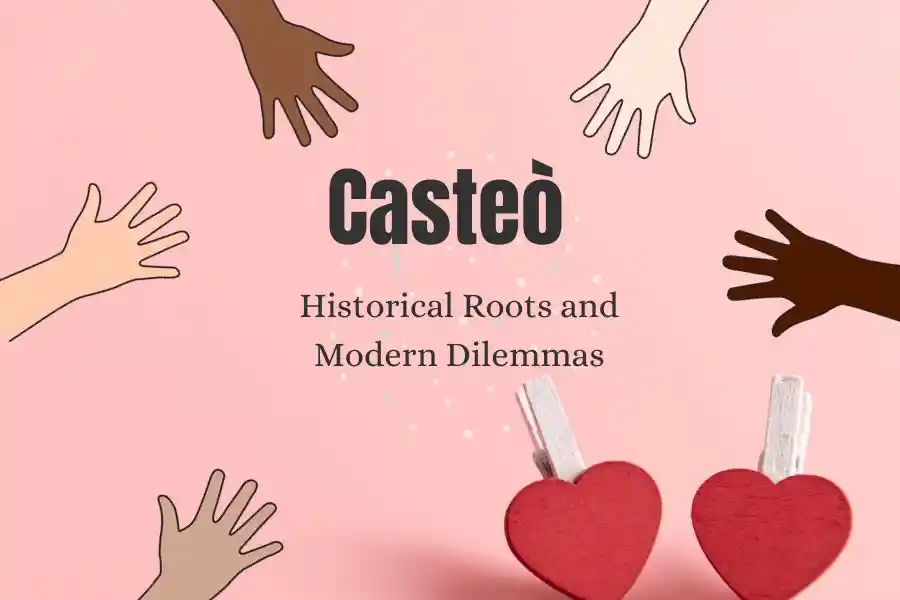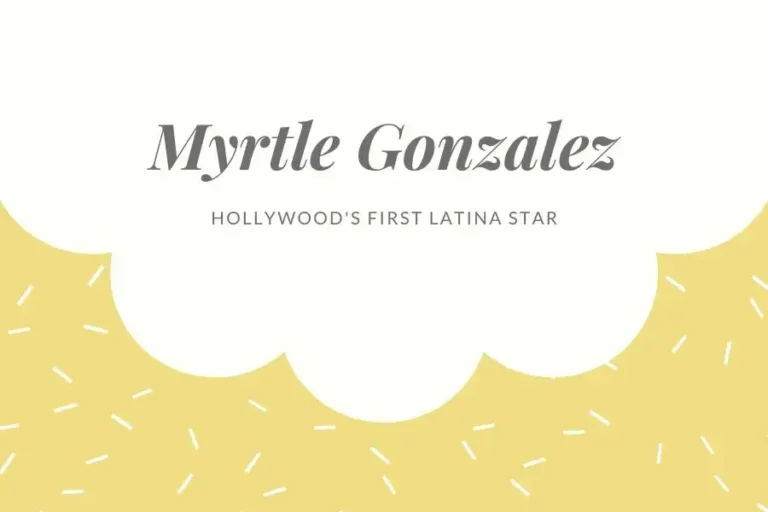Casteò Chronicles: Navigating the Complexities of Historical Roots and Modern Dilemmas

Historical Roots of casteò
Ancient Societies and casteò Systems
The roots of casteò extend back to ancient civilizations like India, Mesopotamia, and Egypt. These societies implemented caste systems to regulate social order, assigning individuals specific roles and responsibilities based on their caste. This hierarchical structure varied across regions but consistently aimed at maintaining social harmony.
Evolution Over Time
As societies evolved, so did the concept of casteò. While traditional systems have waned in many areas, their influence lingers, shaping cultural practices and social dynamics. The evolution of casteò mirrors changes in societal norms, emphasizing the ongoing need for dialogue and understanding.
The Modern Landscape of casteò
Casteò in Contemporary Societies
Currently, casteò significantly impacts social dynamics, especially in South Asia. Despite legal reforms and social initiatives striving for equality, estate-grounded demarcation remains a formidable challenge, affecting millions and perpetuating systemic inequalities.
Counteraccusations and Challenges
The persistence of estate-grounded demarcation poses far-reaching challenges, influencing opportunities, well-being, and overall quality of life. Addressing these issues demands a multifaceted approach involving legal reforms, educational initiatives, and community engagement. Tackling the underlying causes, such as social stigma and prejudice, is crucial for fostering inclusive societies.
Dispelling Myths About Casteò
Misconceptions and Discrimination
Misconceptions about casteò often perpetuate discriminatory practices, hindering progress towards equality. Challenging these myths and fostering accurate understanding can promote empathy, respect, and inclusivity. Educating individuals about the complexities of casteò is essential for initiating meaningful dialogue and understanding.
Global Perspectives on casteò
Casteò Outside India
While commonly associated with India, caste systems exist globally in various forms. Understanding these variations and their unique cultural contexts is essential for addressing estate-grounded distinction on a global scale.
The Impact of Globalization
Globalization has influenced the perception and practice of casteò, increasing awareness and advocacy for equality. However, it also presents challenges such as cultural appropriation and commodification of caste identities. Addressing these challenges through cross-cultural dialogue and collaboration can contribute to a more inclusive global community.
The Role of casteò in Social Justice Movements
Persistent Issues of Estate-Grounded Demarcation
Estate-grounded demarcation remains a pressing issue, challenging ongoing efforts to combat discriminatory practices and promote equality. Social justice movements are vital in championing change, engaging communities, and advocating for policy reforms.
Sweats Towards Equality
Colorful social justice movements and initiatives tirelessly work towards addressing estate-grounded demarcation. Raising awareness, advocating policy reforms, and fostering community engagement are crucial in advancing social justice and equality system. Collaboration between governments, civil society organizations, and the private sector is essential for sustainable results.
Conclusion
In conclusion, casteò is a complex and multifaceted concept with deep historical roots and contemporary challenges. Understanding its complexities, dispelling myths, and promoting inclusivity is vital to fostering a more equitable and harmonious society.
Addressing estate-grounded demarcation requires collaborative efforts from individuals, communities, and institutions to bring lasting change and promote social justice system. If you also want to read about Imacion then visit that post.
FAQs
Why is casteò still relevant in contemporary societies?
Casteò persists due to deep-rooted historical influences and challenges in dismantling systemic inequalities.
How can misconceptions about casteò be addressed?
Dispelling myths requires education, accurate information, and fostering empathy within communities.
What role does globalization play in shaping the perception of casteò?
Globalization brings awareness to casteò, but it also introduces challenges like cultural appropriation that need addressing.
Why are social justice movements crucial in combating estate-grounded demarcation?
These movements champion change, engage communities, and advocate for policy reforms to address systemic inequalities.
What can individuals do to contribute to the fight against casteò-based discrimination?
Individuals can contribute by promoting awareness, challenging stereotypes, and supporting initiatives aimed at equality.





